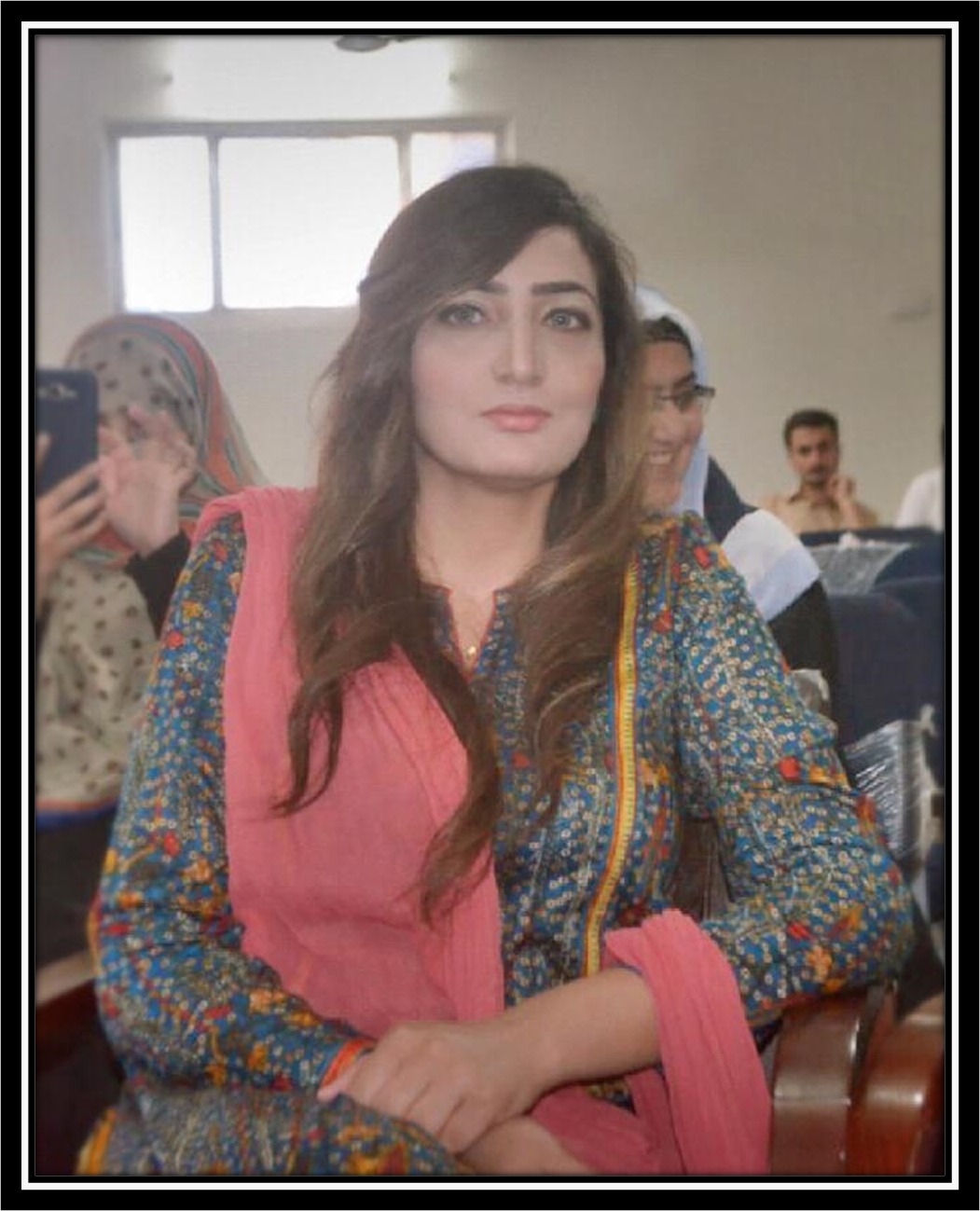- Finding Unshakable Power in a World That Wants to Pull Us ApartPosted 5 months ago
- What could a Donald Trump presidency mean for abortion rights?Posted 5 months ago
- Financial Empowerment: The Game-Changer for Women in Relationships and BeyondPosted 6 months ago
- Mental Health and Wellbeing Tips During and After PregnancyPosted 6 months ago
- Fall Renewal: Step outside your Comfort Zone & Experience Vibrant ChangePosted 6 months ago
- Women Entrepreneurs Need Support SystemsPosted 6 months ago
What is Asexuality?

By Asia Jamil
Asexuality is a spectrum of identities characterized by experiencing little to no sexual attraction. While most of us view asexuality as black and white, it encompasses a range of experiences. Some asexual people (aces) feel no sexual attraction, while others identify as graysexual or demisexual. Graysexual individuals experience limited sexual attraction, whereas demisexual people only experience sexual attraction after forming a strong emotional bond with someone. Regardless of where they fall on the spectrum, aces share the experience of feeling little or no sexual desire for others. Asexuality is estimated to represent around 1% of the population, though many aces may not be “out” yet. While asexual people may still have romantic relationships, they typically do not desire sexual intimacy. Asexuality is a valid sexual orientation involving more than a lack of sexual attraction – it is a rich spectrum of identities and lived experiences.
Discovering I Was Asexual
I wasn’t born asexual, but my journey through marriage with a partner who constantly displayed emotional detachment transformed me in ways I never imagined. As an Asian woman raised in a patriarchal society, I repeatedly heard that marriage was a one-time commitment and that I should unquestioningly endure any circumstances once wedded to a man. Society tells women to spend their entire lives in subservience to their husbands, and this was the sole path to earning respect in our society, even if it meant enduring physical, mental, psychological, or emotional torment.
At 23, I entered marriage as an allosexual, eager to explore and savor the full spectrum of sexual pleasure. Sadly, women from my part of the world are hesitant when discussing sex, let alone embracing it. We generally view sex as an obligation solely for the satisfaction of men, with little knowledge or awareness of our sexual desires and pleasures. It was a duty we performed mechanically, like robots, without understanding the profound joy it could bring. Yet, despite Pakistan’s stringent prohibition of sexual discourse and sex education, the country is plagued by an appallingly high incidence of rape, not including the uncounted marital rapes perpetrated behind closed doors.
The concept of an orgasm is shrouded in mystery, often deemed “haram” or immoral to even broach in conversation. Our society denies women their basic rights, such as education and the opportunity to explore and understand their sexuality. I was no exception, and I engaged in sexual acts solely to fulfill my husband’s desires despite our inability to forge an emotional connection. Our relationship remained devoid of warmth and intimacy for years, and his emotional aloofness gradually eroded my once-vibrant sexuality.
After enduring 13 years of a loveless marriage and bearing the weight of his emotional coldness, I transformed into a person I never recognized – completely asexual, devoid of the desires and passions I once held dear.
Initially, I thought something was wrong with me. I didn’t understand why the idea of sex seemed unappealing. It made me feel isolated and different. But when I learned about asexuality, things finally made sense. I felt relieved to find a term for my lack of sexual attraction. I was not alone – there was a community of people like me.
Exploring the Diverse Factors Behind Asexuality
Several factors can contribute to someone identifying as asexual. Some research suggests there may be biological components, such as low sex hormone levels or differences in brain structure and function. However, more study is needed to understand potential biological factors fully. Trauma and negative sexual experiences, such as sexual abuse, coercion, or shame around sexuality, may lead some individuals to avoid or lose interest in sexual activity. Certain medications like antidepressants, blood pressure medications, and hormonal birth control can lower libido for some people. Some asexual individuals do not experience sexual attraction or have a low innate desire for sexual activity. Their lack of sexual attraction is just part of their identity. Asexuality exists on a diverse spectrum and can stem from various physical, psychological, and experiential factors that shape one’s sexuality and identity. The asexual community emphasizes that asexuality is a valid and natural sexual orientation.
Finding Pride as an Asexual
After years of inner reflection and self-discovery, I am proud to identify as asexual. I surround myself with open-minded friends who validate me. I avoid media that peddles narrow views of sexuality. I embrace my orientation as part of what makes me, ME.
While asexuality is still rarely discussed, I see signs of progress all the time. More characters on TV are beginning to represent the asexual experience. Scientists are studying the fascinating diversity of human sexuality. Asexuality groups provide community and allow me to feel less alone.
I hope by sharing my journey, others will gain more understanding of what it’s like to be asexual. We deserve to feel accepted and valued by society. No one should be made to feel deficient or broken because of who they love or don’t love. My orientation does not make me any less human. I am proud to be asexual.
*******
I always knew I wanted to be a writer, but later I realized I was here to share the truth through journalism.
My proficiency in interpersonal communication is my greatest asset as a journalist. I entered the field of journalism after my Master’s degree in Visual Journalism from the University of South Wales in 2022. I believe when journalists are in charge, democracy is safe.







